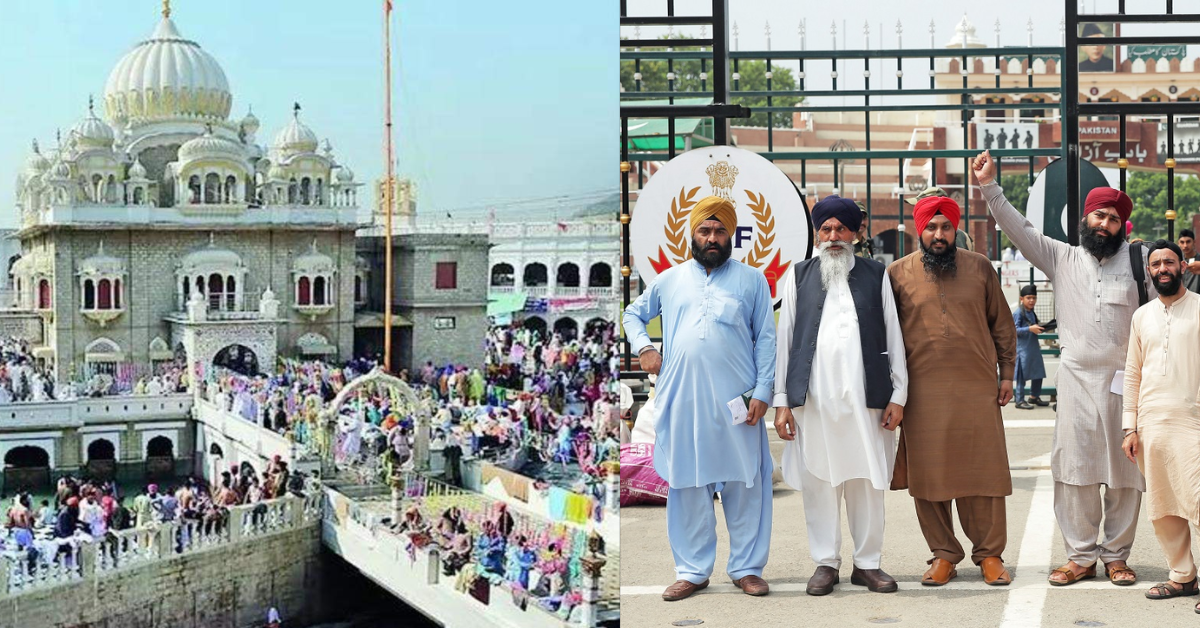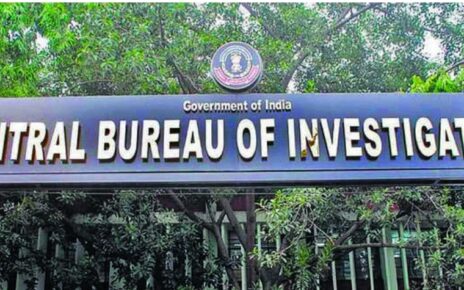In a gesture of goodwill and adherence to bilateral protocol, and to bridge the gap, the Pakistan High Commission in New Delhi has issued 2,843 visas to Sikh pilgrims from India to partake in the Baisakhi celebrations. Scheduled to take place in Pakistan from April 13 to 22, the annual festival holds deep cultural and religious significance for the Sikh community worldwide.
Baisakhi, deeply rooted in the agrarian history of the Indian subcontinent, symbolizes not only the celebration of the harvest but also resilience and community. For Sikhs, it holds particular importance as the day when Guru Gobind Sigh established the Khalsa Panth, emphasizing courage, selflessness, and service. This historical event solidified the Sikh identity and laid the foundation for a distinct martial and spiritual tradition.
Pakistan shares a deep connection with India through its Punjab heritage. Historic Gurudwaras such as Gurudwara Panja Sahib, gurudwara Nankana Sahib, and Gurudwara Kartarpur Sahib, are physical symbols of the long-standing presence of the Sikh faith in the area. They carry great importance locations linked to the experiences and wisdom of Guru Nanak Dev Ji, the spiritual leader who established Sikhism
The issuance of the visas to Sikh pilgrims by the Pakistan High Commission underscores the commitment to honoring shared heritage and facilitating religious expression across borders, Despite geopolitical complexities, initiatives like these highlight enduring cultural ties that bind the people of India and Pakistan. They serve as a testament to the potential for cooperation and understanding, transcending political divisions.
Saad Ahmad Warraich, Charge d’Affaires at the Pakistan High Commission, extended warm felicitations to those celebrating Baisakhi and expressed heartfelt wishes to the visiting pilgrims for a fulfilling yatra. His sentiments reflect diplomatic efforts to promote cultural exchange and people-to-people contact between the two nations.
As Sikh pilgrims embark on their journey to Pakistan to celebrate Baisakhi, they carry with them the aspiration of peace, harmony, and goodwill. Their pilgrimage serves as a testament to the enduring bonds of faith and fraternity that unite people across borders, reaffirming the shared cultural heritage that transcends the barriers of nationality and religion.
In conclusion, the issuance of visas to Sikh pilgrims by the Pakistan High Commission exemplifies a commitment to fostering religious harmony and promoting cultural exchange between India and Pakistan. As the pilgrims embark on their spiritual journey, they embody the spirit of unity and friendship that holds the potential to transcend political differences and pave the way for a brighter future in the regions




